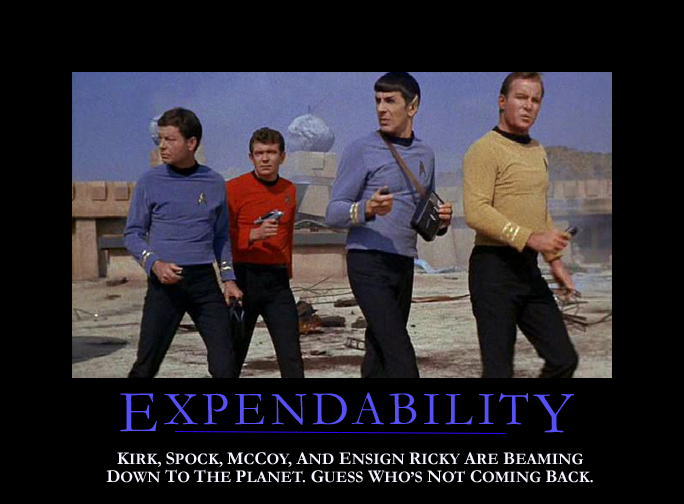
We are having a conference about our work in Iraq. Many of our partners will be coming, including NGOs and contractors. Below is the keynote speech I plan to give to open the conference. BTW – when I ask why we are in Iraq, I am very literally talking about the people at the conference, not about the more general question.
The conference will be in a few days, still time if anybody has suggestions re how to improve the speech please send in a comment.
Why Are We Here In Iraq?
More precisely, why do the taxpayers of Indiana, Wisconsin or Texas or Oregon give us the big bucks and the budgets to keep our boots planted precariously on the yellow dirt of Western Iraq?
Our job is to make Western Al Anbar unpleasant for the insurgency and help make the society here unreceptive to a renewal of the violence. To do that, the people of Western Al Anbar must be reasonably self sufficient and plausibly content. This is our job, our overriding goal. Other goals we might have are paths to this ultimate objective or tools for its establishment, but let’s not mistake them for the final destination.
I am pleased that in working toward our ultimate goal that we can often do good. You might call the good we do here a “collateral benefit”. I take great personal satisfaction when one of our water projects can restore the productivity to Iraqi soils or when our grant to a rug factory provides job opportunities to local women, but by themselves those good things are not the reasons we are here.
All our efforts must be aimed at building Iraqi self-sufficiency and producing solutions that can be sustained with the goal of making this place untenable for the insurgents. In order to do that, we have to be careful not to be distracted by our personal desires to do good or just to help. Those things are beyond our mandate and – frankly – often beyond our ability to understand or really influence. And besides all that, we cannot be generous with other people’s, in this case the taxpayers’, money.
Why do I say all this and risk starting this great conference on a sour note? Because I am tempted just like you are to try to do good and it is only too easy lose sight of the mission. I have to remind myself – and I want to remind all of you – that what is important in our activities is to help the Iraqis to do things for themselves, not to do things for them. All the good we do, all of our achievements, will be as meaningless as that yellow dust that blows around in the wind of Anbar if we don’t make ensure that our accomplishments are sustainable by the Anbaris themselves.
We want to help. We might see that it will take only a couple thousand dollars to outfit that school. We all might get frustrated that the Iraqi government just cannot seem to get its act together and do what needs to be done. We are tempted just to do it – to do “good”. When you feel that impulse, just say NO. Activity is not the same as accomplishment and we should never measure our success by how much we managed to spend or what we have caused to be built but rather by how much we encouraged our local partners to do, spend and build themselves. Sometimes doing nothing to alleviate a particular problem is our correct response.
Sometimes things are going wrong not in spite of, but because of our best efforts.
With that caveat out of the way, I want to say that I think we are accomplishing our mission. We are achieving sustainable progress and I am gratified that we are also helping the people of Western Anbar. Local governments are increasingly taking the initiative and responsibility for their own affairs. The Iraqi authorities are poised to spend part of the mountain of cash they have acquired because of higher oil prices right here in Anbar. At least we hope that is in the works. The help we are giving vocational training is supplying the types of workers Anbari firms will need to secure a more free-market future and micro-finance loans are helping build those firms. Courthouses are open and judges are hearing cases. During this conference, we will hear about all those things and more.
When you compare the situation in Iraq today to what it was couple of years ago, even a few months ago, the progress is truly astonishing. Back then, some really smart people declared that we had been defeated in Al Anbar, that Iraq was a lost cause. Some even thought that we should just give up and go home. Well, some other people just don’t give up so easily. Today we are talking here about securing the success Coalition Forces and our Iraqi allies have achieved. They did and are doing their part. We – all of us – now have our roles to play going forward. We can help achieve something exceedingly rare in history. We can tell our grandchildren how we had the chance to help a country at the brink of disaster turn away from chaos and make the future better than the past.
In the telling and retelling, we will exaggerate our own roles in this enterprise. If we have succeeded in achieving our goals of a reasonably democratic market oriented & stable Iraq, posterity will be indulgent.
Thank you all for coming. I look forward to learning from all of you.
